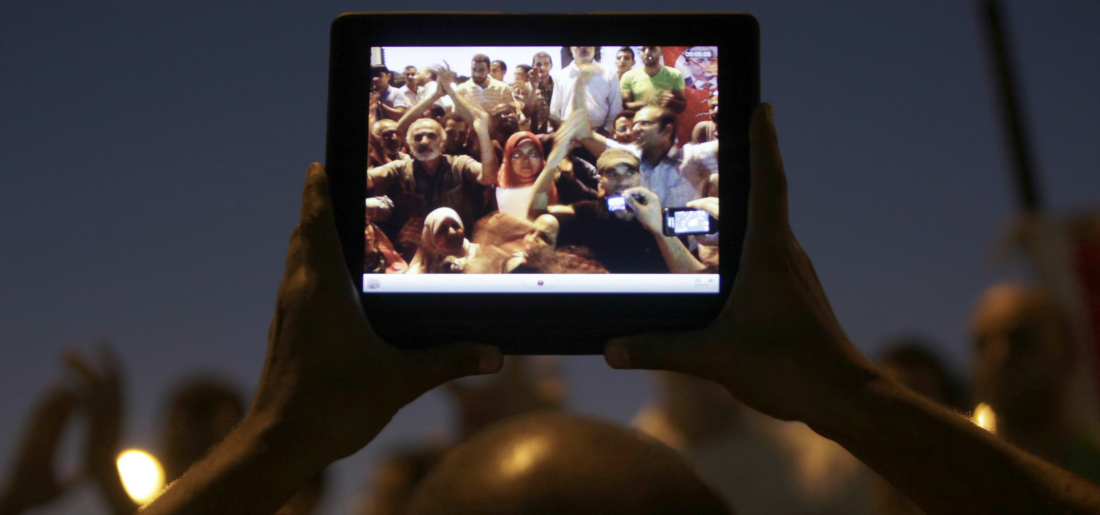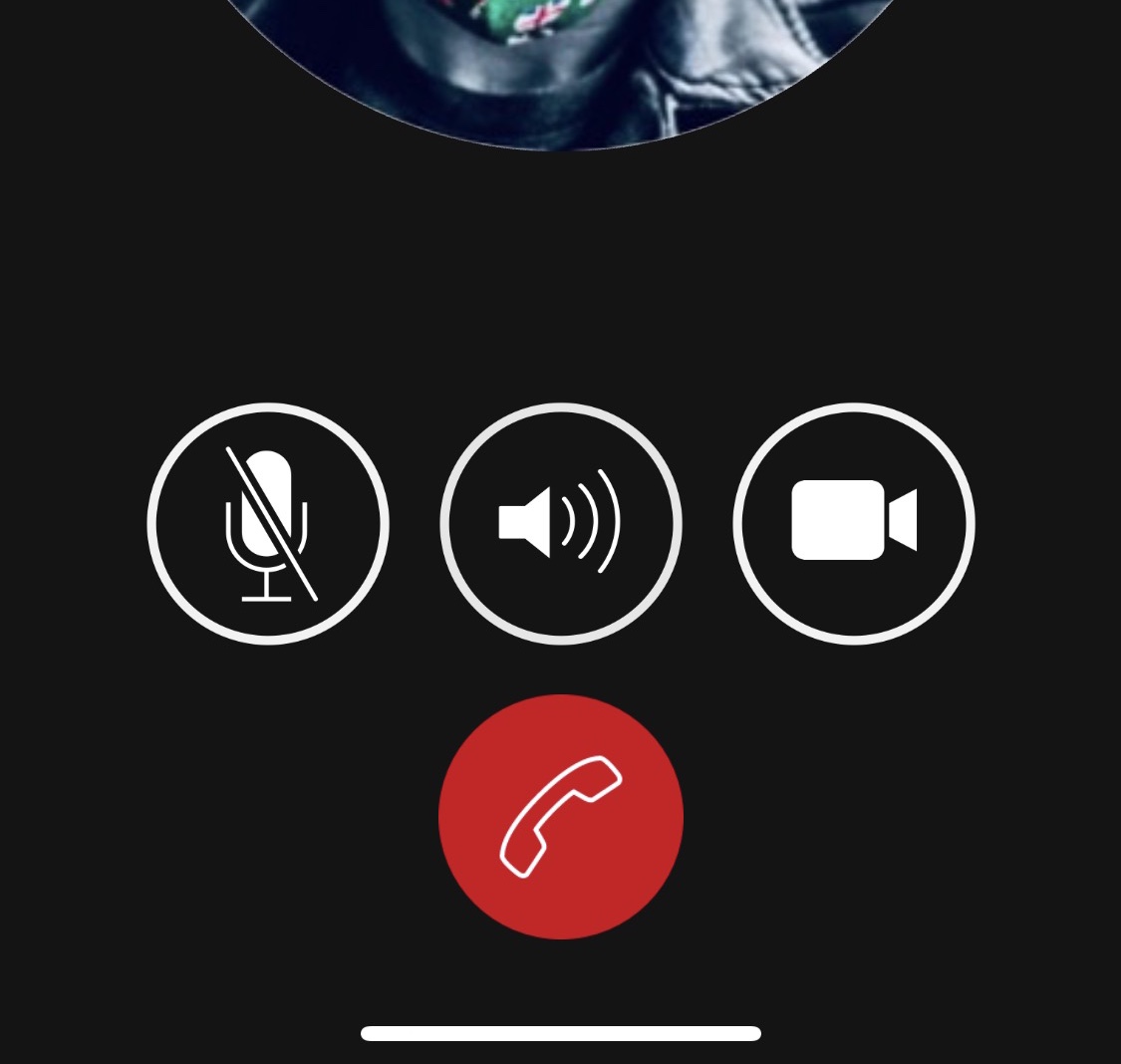

Signal’s protocol, for example, uses a combination of permanent and temporary keys. The encryption schemes for messaging apps are now much more advanced than the original public-private key scheme. You use your friend’s public key to encrypt a message, and when they receive the garbled text, they use their private key to unscramble it. Then when you respond to the encrypted message, the same thing happens in reverse. Once it’s garbled, the only way to read an encrypted message is to use the private key. By extension, the ability to communicate with others without being spied on is critical for sharing personal views and ideas (whatever the subject) with others. Why use encrypted messaging?įew of us are spies, political activists, or journalists working on high-stakes stories, so why would we want to use encrypted messaging in the first place? Well, despite claims to the contrary, the right to keep your own private business completely private is foundational to a free society. WhatsApp users communicate with other WhatsApp users and the same goes for Signal users. For example, you cannot send a message from WhatsApp and receive it in Signal. The other thing to note is that both sides of the transmission need to be using the same app.


That is not the case with regular text messages, for example, or even regular email.Įncrypted communication can be anything digital such as an email, a text, an image, a voice call, or a video chat. Even the servers that transmit those messages have no ability to see what they actually say. Once encrypted, the message travels across the Internet, and only the person you’re sending the message to can unscramble it.


 0 kommentar(er)
0 kommentar(er)
